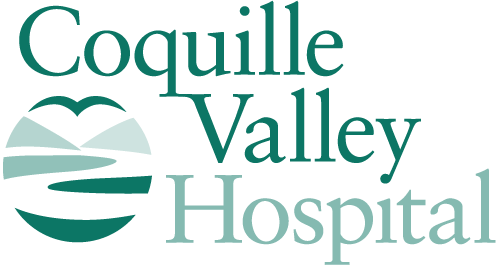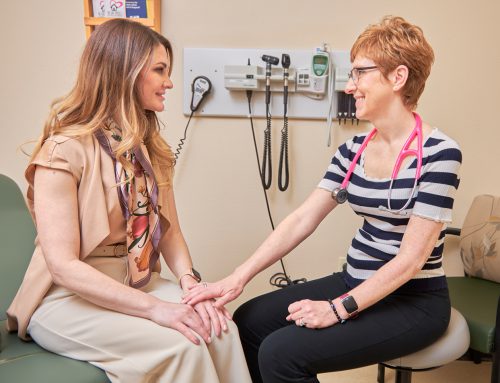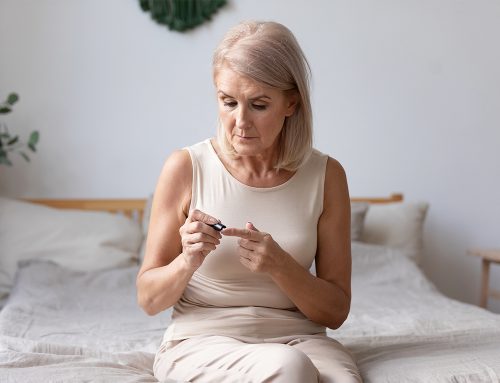Lifestyle Changes You Can Make To Lower Your Risk Of Breast Cancer
Published September 30, 2022

Risk factors for breast cancer that simply are not in our control include aging, personal/family history of breast cancer, dense breast tissue and genetic mutations. Regular breast screenings, or mammograms, are the best tests medical providers have for detecting breast cancer, and early detection makes it possible to find and diagnose breast cancer before symptoms appear, making it easier to treat.
Coquille Valley Hospital’s Medical Imaging offers the full range of breast imaging services, from mammograms to biopsies, with the goal of providing high-quality, rapid testing and results needed to advance patient care.
Our lifestyles also can play a role in our risk factors for breast cancer. With lifestyle changes, these risks can be minimized, according to the Centers for Disease Control and Prevention.
Maintain a healthy weight. Being overweight increases your risk for breast cancer, so maintaining a healthy weight can lower that risk. Maintaining a healthy weight includes healthy eating. A healthy diet emphasizes vegetables, fruits, whole grains and fat-free or low-fat dairy products. Lean proteins are essential, too, as are foods low in sugar and salt. Being active, sleeping well and reducing stress also play a part in maintaining your healthy weight.
Don’t be sedentary, be active. Regular physical activity is great for your health, not only to lower your risks of breast cancer and other cancers, but also to reduce high blood pressure, lower risks for diabetes, heart attack and stroke, and improve mental well-being. Being active will also help you maintain your healthy weight by burning calories. Depending on your physical fitness and ability, you may choose to do moderate or vigorous exercise. Moderate exercise includes walking, biking, doing light yard work, even playing with your children. Vigorous exercise includes running, swimming, tennis and team sports.
Minimize alcohol consumption. Drinking alcohol can increase the risk of breast cancer in women as well as the risk for other cancers, such as cancer of the colon, liver and throat. When you drink alcohol, your body breaks it down into acetaldehyde, a chemical that damages your DNA. When DNA is damaged, a cell can start to grow out of control and transform into a cancerous tumor. Even small amounts of alcohol can increase cancer risks.
Ask your primary care provider about risks of hormone replacement therapy. For women in menopause, hormone replacement therapies that include supplemental estrogen and progesterone can increase your risk of breast cancer if taken for more than five years. Ask your primary care provider if or which hormone replacement therapy is right for you.
If possible, breastfeed your babies. Breastfeeding is considered the best source of nutrition for most infants, offering many benefits to their health. Breastfeeding also can help lower a mother’s risk of breast and ovarian cancer, among other health conditions.
Consider genetic testing. If there is known breast cancer history in your family, for both women and men, consider genetic testing to determine if you have mutations in your BRCA1 or BRCA2 genes or others. Having a genetic mutation may put you at an increased risk for breast cancer, so knowing your genetic makeup is valuable information. Talk to your primary care provider about genetic testing as part of your lifestyle changes to reduce your risk of breast cancer.
Subscribe to our monthly emails for Your Well-Being! Get health and wellness tips, hospital news, staff spotlights, career opportunities, our cafe menu and more, sent right to your inbox!
DISCLAIMER: No content on this website, regardless of date, should be used as a substitute for direct medical advice from your primary care provider.




